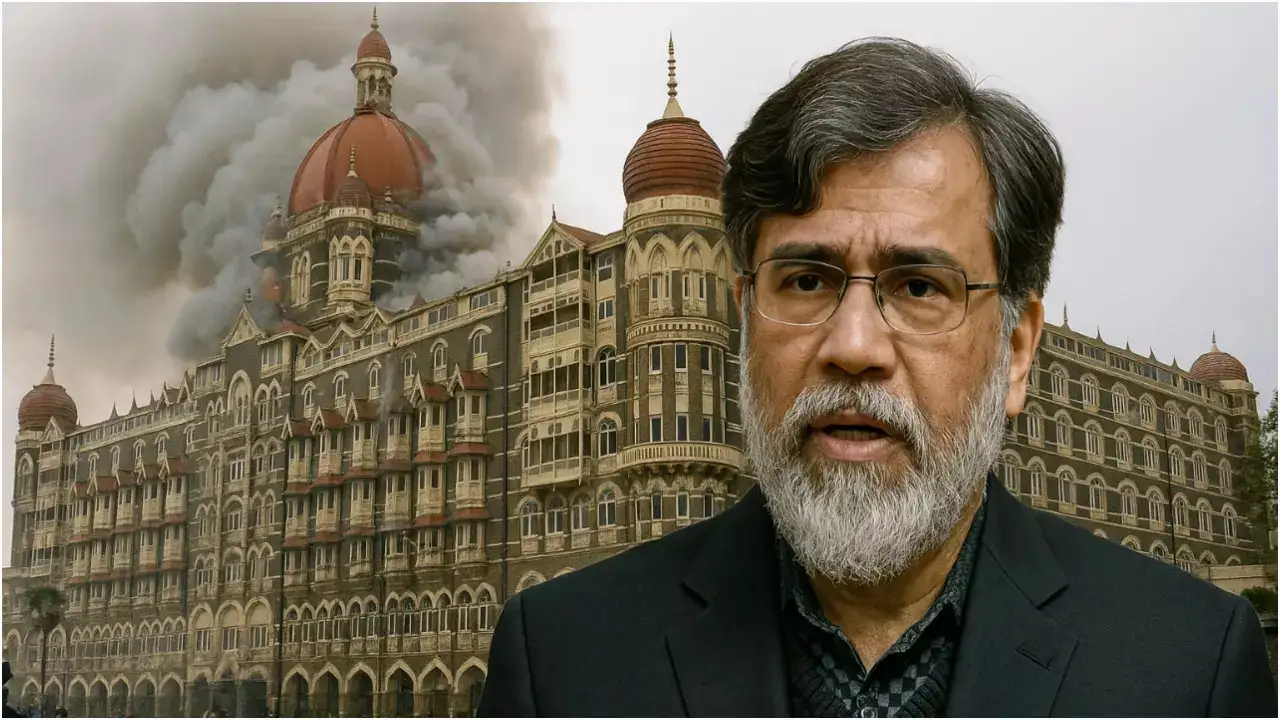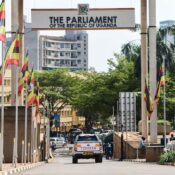
US Turns Over Tahawwur Rana, Accused of Terror Attacks in Mumbai, To India
Tahawwur Rana, who was charged with helping to carry out the 2008 Mumbai bombings, has been extradited by India following years of legal and diplomatic efforts.
Tahawwur Rana, a Canadian entrepreneur who was born in Pakistan, arrived in New Delhi on Thursday following his extradition from the United States to stand trial for his alleged involvement in the 2008 Mumbai attacks, which were among the worst terrorist acts in Indian history.
The 64-year-old Rana, a former doctor who is now a businessman, is charged with masterminding the attacks that killed 166 people at many locations in Mumbai, including upscale hotels, a Jewish center, and the major train station. His extradition is the first time the US and India have transferred someone in a terrorism case.
In a statement, India’s anti-terror agency, the National Investigation Agency (NIA), said, “The extradition was successfully secured on Thursday, following years of consistent and coordinated efforts to bring the key conspirator to justice.” After the US Supreme Court denied Rana’s arguments against extradition, Indian security forces took him back to India.
Amit Shah, the Indian Home Minister, praised Rana’s return as a diplomatic win for the Modi government. Shah posted on social networking platform X, saying, “The Indian government has an obligation to bring back all those who have mistreated the country’s land and people.”
US President Donald Trump affirmed the decision to extradite Rana during a joint news event with Indian Prime Minister Narendra Modi earlier this year, following India’s formal request for his arrest in June 2020.
Rana was given a 14-year sentence in a U.S. federal prison in 2013 for his support of Lashkar-e-Taiba, the Pakistani militant organization that the US and India blamed for the Mumbai attacks. He was also found guilty of taking part in a failed attempt to attack a Danish newspaper for publishing offensive drawings of the Prophet Muhammad.
In an attempt to disassociate Pakistan from Rana, Shafqat Ali Khan, the spokesperson for the country’s foreign ministry, stated on Thursday that there were no recent records of his papers proving his Pakistani heritage. For the past 20 years, Khan informed reporters, “as far as our record indicates, he did not even apply for renewal.”
As a “good man” who was “sucked into something” outside of his control, Rana’s attorney has insisted on his client’s innocence.
Pakistan is still under pressure from India to take action against the attackers. Although the U.S. State Department lists Lashkar-e-Taiba as a terrorist organization and it is prohibited in both nations, Islamabad denies funding any extremist activities.
An important turning point in India’s larger effort to prosecute everyone responsible for the 2008 assaults is the extradition of Rana.
All Categories
Recent Posts
Tags
+13162306000
zoneyetu@yahoo.com



